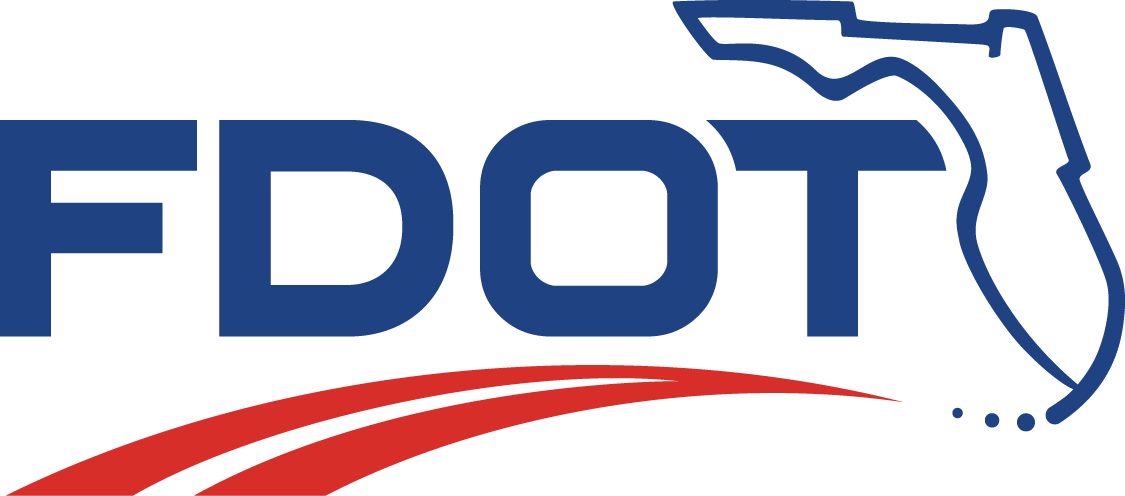Laboratory Information
Laboratory Qualification
The Laboratory Qualification Program ensures that the testing services provided by the Department and obtained by from the private sector are the most accurate.
Other Resources
Data Management
The Materials Acceptance and Certification (MAC) Program is used to improve the efficiency and accuracy of laboratory test samples by automating the process via interface with existing databases and selected testing equipment to track the progression of samples from receipt through testing to reporting of test data. MAC is also used to provide statistical analyses of materials and manufactured products to support quality assurance and independent assurance activities. The MAC Laboratory ID for the State Materials Office is DSM001.
Testing
The Menu of Laboratory and Field Testing Services provides a summary of the types of testing performed by the staff at the State Materials Office.
Sample Deliveries
The Sample Delivery Process provides a summary of the general information needed to deliver samples to the State Materials Office.
In-House Laboratories
Aggregates
As a part of the Aggregate Acceptance Unit, the Aggregate Laboratory conducts testing to support these functions, including LA Abrasion, sieve analyses, specific gravity, and sodium soundness.
Asphalt
The Asphalt Laboratory is involved in a wide variety of activities related
to the design, construction and testing of asphalt pavements in the State of Florida. The laboratory ensures and improves the performance of asphalt pavements by testing, research, development of specifications and procedures, training and inspection.
Chemical
The Chemistry Laboratory is responsible for the evaluation of specifications
for a variety of products ranging from various adhesives and paints to fencing and sign materials. This laboratory also conducts the research of service life for these materials and the use of recycled products.
Corrosion
The Corrosion and Materials Durability Laboratories are fully equipped
to conduct a wide variety of performance characterization tests on concrete, metals, plastics and manufactured products. Additionally, the sections are equipped to carry out on-site testing and evaluation of concrete structures for purposes of developing
plans and specifications for repairs and corrosion protection.
Foundations
The Foundations Laboratory performs geotechnical
and foundations tests such as triaxial, direct shear, consolidation, permeability, unconfined compression, specific gravity, organic content, liquid limit, plastic limit, split tensile (rock), and resilient modulus. This section also conducts testing
for in-house design projects in the Districts, construction monitoring for ongoing research projects.
Soils
The Soils Compaction Laboratory conducts
Limerock Bearing Ratio (LBR) and compaction verification testing for soils and aggregate base materials, referee testing on construction materials, aggregate mine approval testing, as well as testing performed in conjunction with research and evaluation
studies involving soils and aggregate related construction problems and pavement failures.
Structures
The Physical Laboratory evaluates concrete mix design approvals and the key components that are incorporated into mix designs. Included are materials such as cementitious materials, and various admixtures. Other structural materials evaluated by this section are reinforcing steel, seven-wire strand, clay brick, and concrete brick and block. In general, it functions on a statewide basis in testing of structural materials, research activities and product evaluation. The testing function of the laboratory may be conveniently divided into acceptance, assurance, and research tests.

